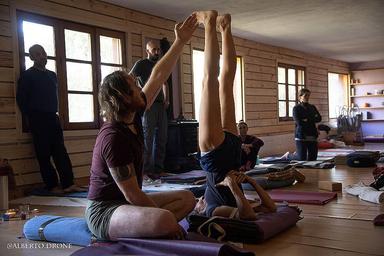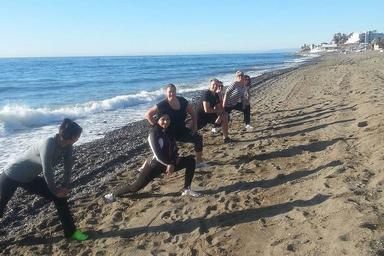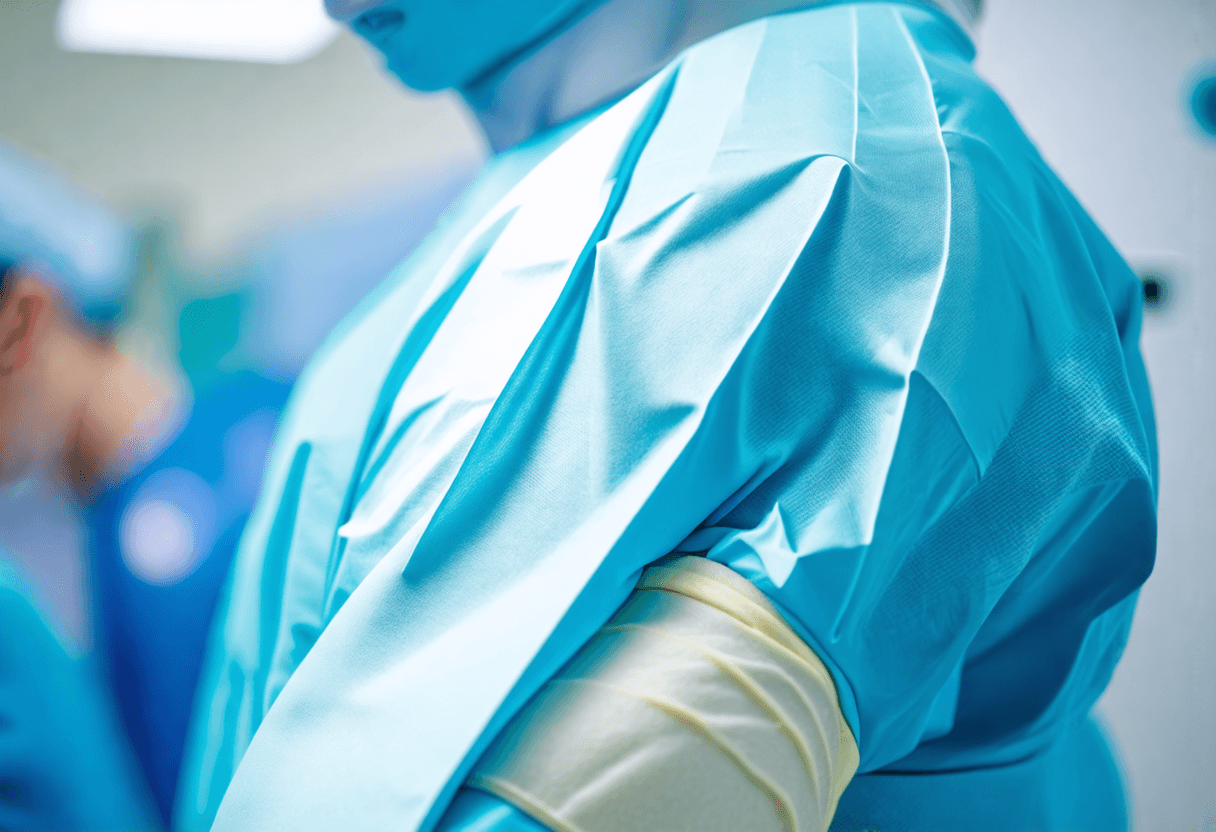
Rotator Cuff Surgery: Understanding the Risks and Complications
07 Nov, 2024
 Healthtrip
HealthtripImagine being able to swing a tennis racket, lift your kids, or simply reach for a book on the top shelf without wincing in pain. For many, these everyday activities become a daunting task due to a common condition affecting the shoulder joint – rotator cuff injuries. While surgery can be a viable option, it's essential to understand the risks and complications involved to make an informed decision. As a leading medical tourism platform, Healthtrip is dedicated to providing comprehensive information and guidance to help you navigate the journey to recovery.
What is Rotator Cuff Surgery?
Rotator cuff surgery, also known as rotator cuff repair, is a surgical procedure aimed at repairing or reattaching torn or damaged tendons in the rotator cuff. The rotator cuff is a group of four muscles and tendons surrounding the shoulder joint, providing stability and mobility. When one or more of these tendons are damaged, it can lead to chronic pain, limited mobility, and weakness in the arm. The goal of surgery is to restore function, alleviate pain, and improve overall quality of life.
Most popular procedures in India
Types of Rotator Cuff Surgery
There are two primary types of rotator cuff surgery: open surgery and arthroscopic surgery. Open surgery involves making a larger incision to access the damaged tendon, while arthroscopic surgery uses small incisions and a camera-equipped instrument to visualize the area. Arthroscopic surgery is less invasive, resulting in less tissue damage, reduced scarring, and a faster recovery time. However, the type of surgery used depends on the severity and location of the tear, as well as the patient's overall health.
Wellness Treatments
Give yourself the time to relax
Lowest Prices Guaranteed!

Lowest Prices Guaranteed!
Risks and Complications of Rotator Cuff Surgery
As with any surgical procedure, rotator cuff surgery carries risks and complications. It's essential to weigh these against the potential benefits and discuss them with your surgeon to make an informed decision. Some common risks and complications include:
Infection
Infection is a risk with any surgical procedure. In the case of rotator cuff surgery, infection can occur at the surgical site or in the shoulder joint. Symptoms may include increased pain, swelling, redness, and warmth around the incision site, as well as fever. While rare, infections can be severe and may require additional surgery or antibiotics.
Nerve Damage
Nerve damage is a potential risk, particularly if the nerves surrounding the rotator cuff are damaged during surgery. This can result in numbness, tingling, or weakness in the arm or hand. In some cases, nerve damage may be permanent.
Bleeding and Hematoma
Bleeding and hematoma (a collection of blood under the skin) are possible complications of rotator cuff surgery. Bleeding can occur during or after surgery, and in severe cases, may require additional surgery to repair.
Scarring and Adhesions
Scarring and adhesions can occur as a result of surgery, leading to stiffness and limited mobility in the shoulder joint. In some cases, additional surgery may be necessary to address these issues.
Re-rupture
Unfortunately, re-rupture of the rotator cuff tendon is a possibility, particularly if the tendon is not fully healed or if the repair is not strong enough. This can occur weeks, months, or even years after surgery.
What to Expect During Recovery
The road to recovery after rotator cuff surgery can be long and challenging. It's essential to follow your surgeon's instructions carefully to ensure a smooth and successful recovery. This may include:
Pain Management
Pain management is crucial during the recovery period. Your surgeon may prescribe pain medication or recommend alternative pain relief methods, such as physical therapy or ice therapy.
Immobilization
To allow the tendon to heal, your arm may be immobilized in a sling or brace for several weeks. This can be frustrating, but it's essential to prevent further injury or damage to the tendon.
Physical Therapy
Physical therapy plays a critical role in the recovery process, helping to restore strength, mobility, and function to the shoulder joint. A physical therapist will work with you to create a customized exercise program tailored to your needs and goals.
Conclusion
Rotator cuff surgery can be a life-changing procedure for those suffering from chronic pain and limited mobility. While risks and complications are involved, understanding these factors can help you make an informed decision about your care. At Healthtrip, we're committed to providing comprehensive guidance and support throughout your journey to recovery. By working together, we can help you achieve the best possible outcome and regain the freedom to live life to the fullest.
Related Blogs
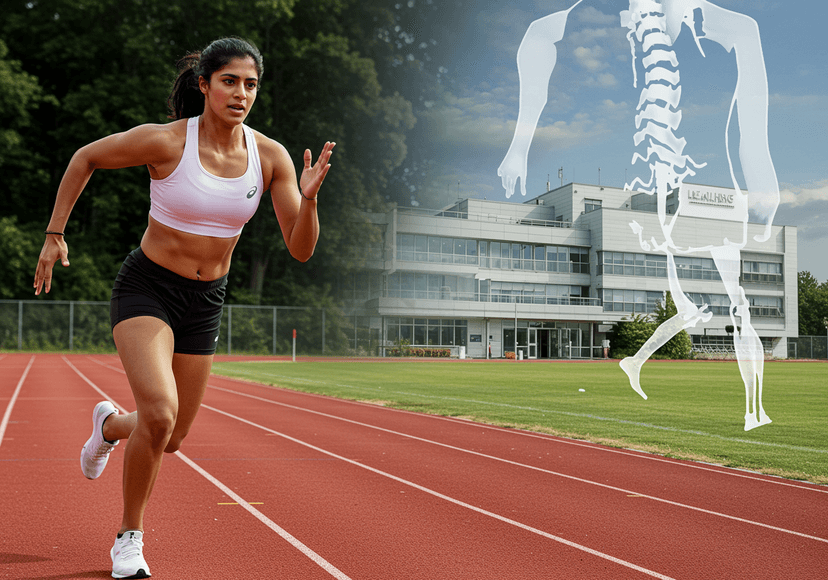
Healthtrip to German Orthopedic Centers: An Athlete's Edge
Explore how Healthtrip connects athletes to Germany's world-renowned orthopedic specialists
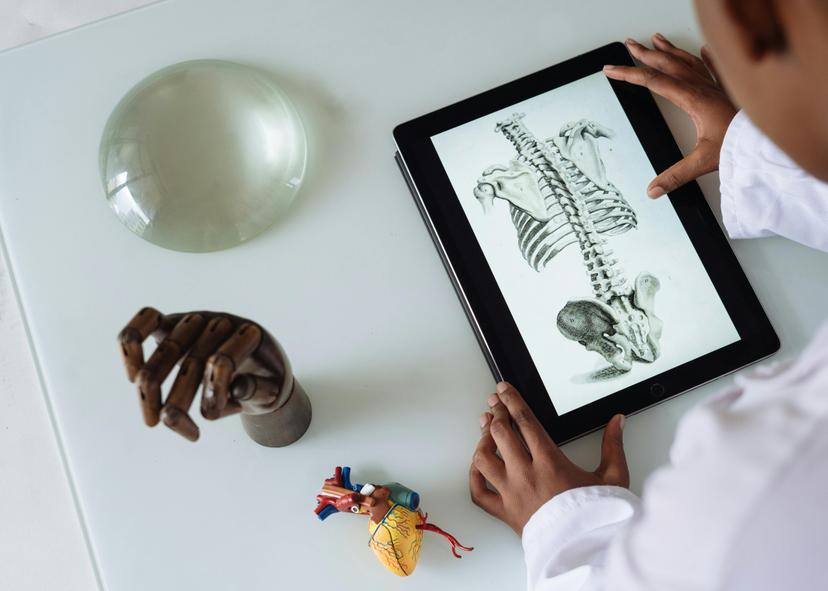
India's Leading Hospitals for Spine Surgery
Get the best spine surgery in India from top hospitals
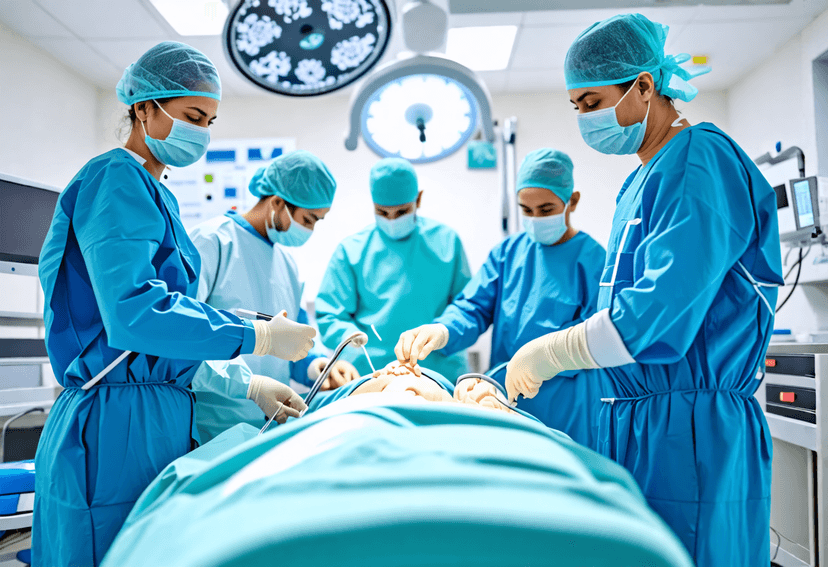
Best Hospitals in India for Orthopedic Surgery
Get the best orthopedic surgery in India from top hospitals
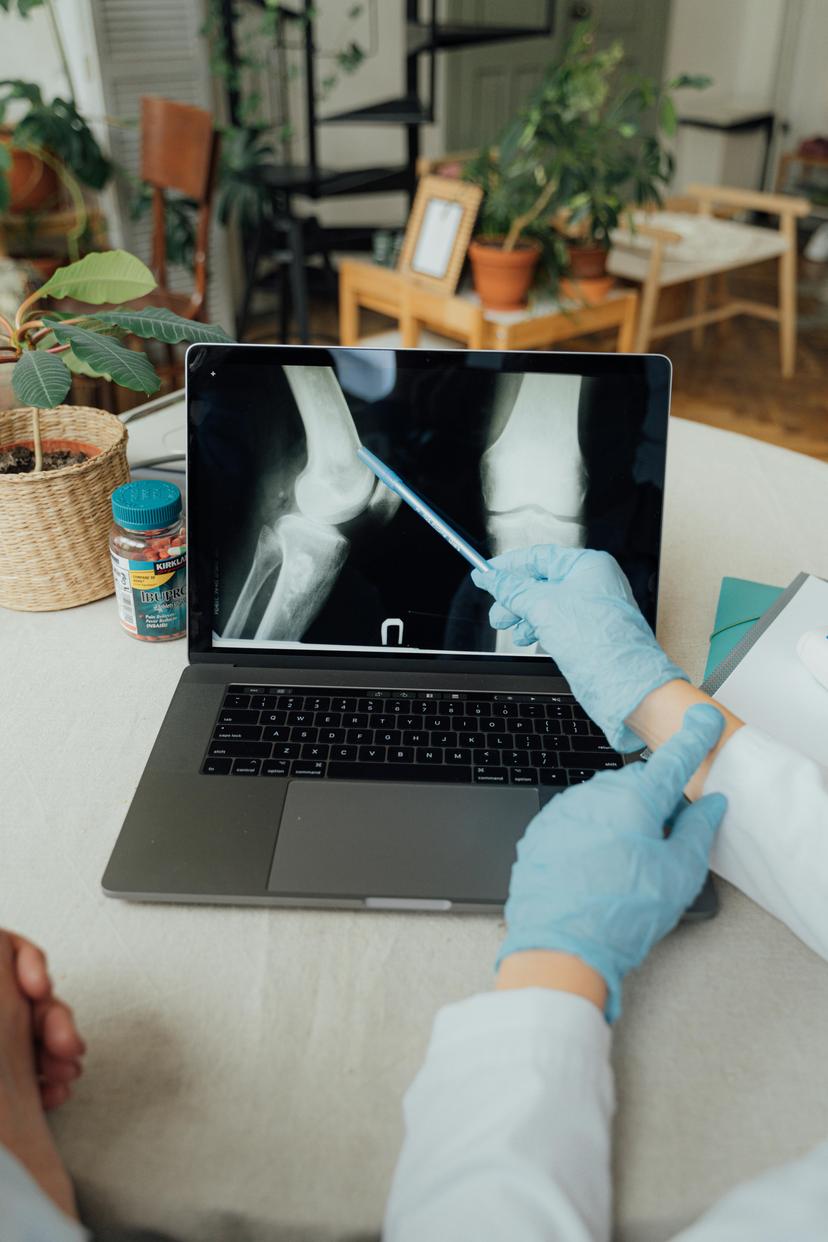
Knee Replacement in India: A Comprehensive Guide
Get affordable knee replacement surgery in India with Healthtrip, a
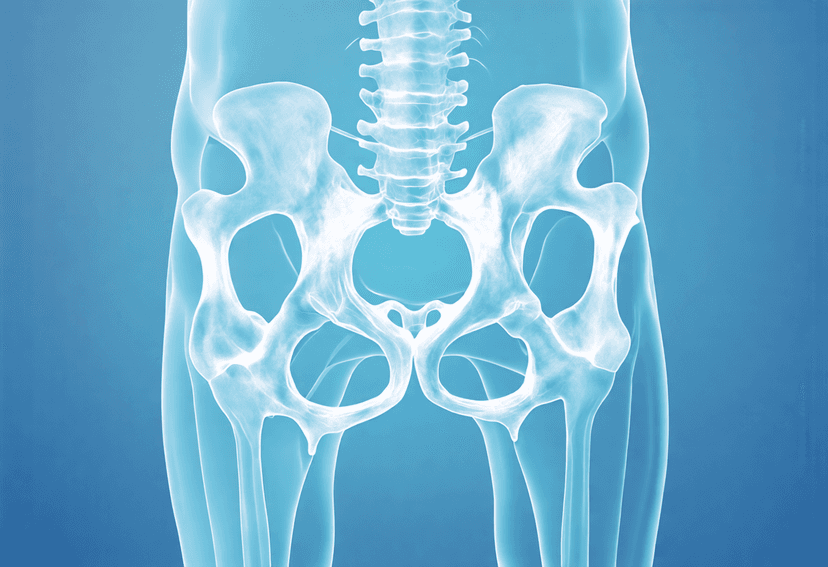
Hip Resurfacing Surgery: A Minimally Invasive Option
Get hip resurfacing surgery in India with Healthtrip and regain
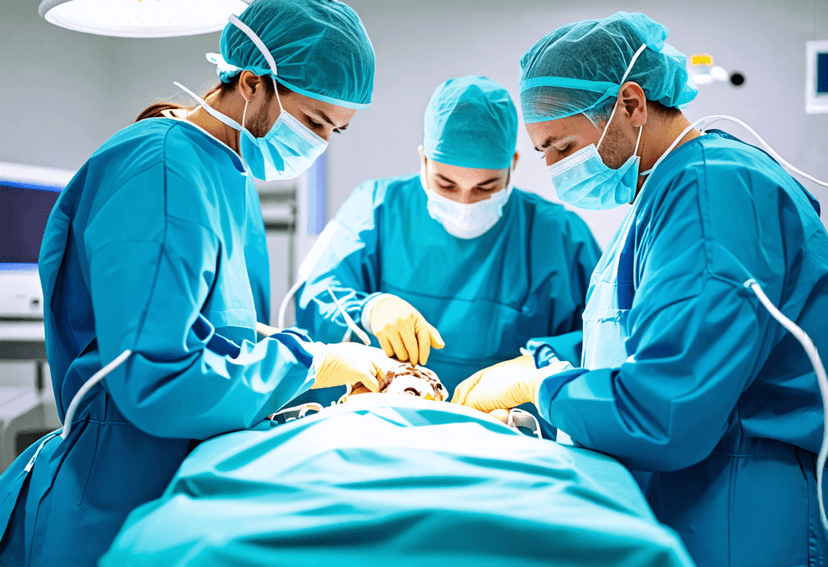
Cervical Spine Surgery: A Precise Procedure
Get cervical spine surgery in India with Healthtrip and regain





